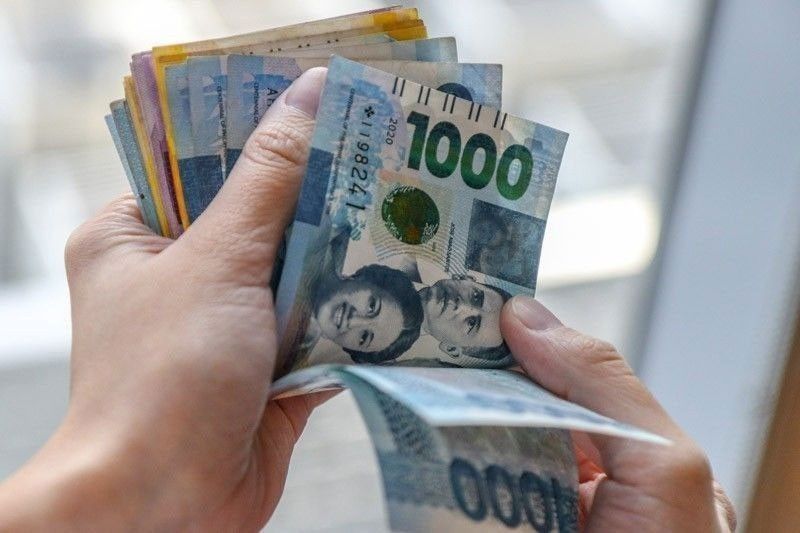Tech firm helps rural banks fight money laundering

MANILA, Philippines — Technology provider MDI Novare is helping rural banks in the Philippines boost their anti-money laundering (AML) measures through a new transaction monitoring system.
Jericho Jensen, chief data analytics and chief information officer at MDI Novare, said the company is grateful to partners for recognizing its work and expertise in utilizing the transformative power of technology to improve their systems and make lives easier.
“These recognitions make us double down on our goal to accelerate digital transformation here in the country to create better opportunities and experiences for consumers,” Jensen said.
MDI Novare has introduced the SIEVE AML transaction monitoring system, which is a comprehensive anti-money laundering solution. The system leverages data integration, analytics, alert/case management, and Anti-Money Laundering Council (AMLC) regulatory reporting.
The new solution is built on a sophisticated, high-performance platform that supports the end-to-end process of combating financial crime and working with large volumes of data while automating the tasks as much as possible.
The key features of SIEVE AML system include automated transaction monitoring, intelligent network analysis, 360-degree understanding of customers and their transactions, and a simple, highly configurable business user/investigator-centric interface.
Backed by more than 30 years of experience and expertise in the information technology industry, MDI Novare is a leading digital transformation enabler for telecommunication companies, financial institutions, manufacturing, business process outsourcing (BPO) firms, and government agencies through next-generation technologies, automation processes, and other end-to-end solutions.
Based on the findings of the Second National Risk Assessment Report approved by the AMLC in 2017, the threat of national money laundering in the Philippines is considered to be at a high level.
The 2021 Suspicious Transaction Report (STR) Quality Review showed the AMLC received 2.4 million STRs between 2017 and 2020.
During the first eight months of 2021 alone, these STRs led to the filing by the AMLC of 85 civil and criminal cases involving over P1.31 billion and other assets.
While preventive measures have been implemented to reduce the risk of money laundering, the Philippines remains on the gray list of Paris-based Financial Action Task Force (FATF).
Banks and money service businesses were identified as the sectors primarily and widely used by criminals to launder the proceeds of crimes.
Rural banks are no exception because they may be used as channels and victims of illegal transactions.
The BSP launched the Rural Bank Strengthening Program (RBSP) to enhance the operations, capacity, and competitiveness of rural banks because of their vital role in promoting countryside development and inclusive economic growth.
- Latest
- Trending





























